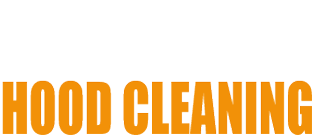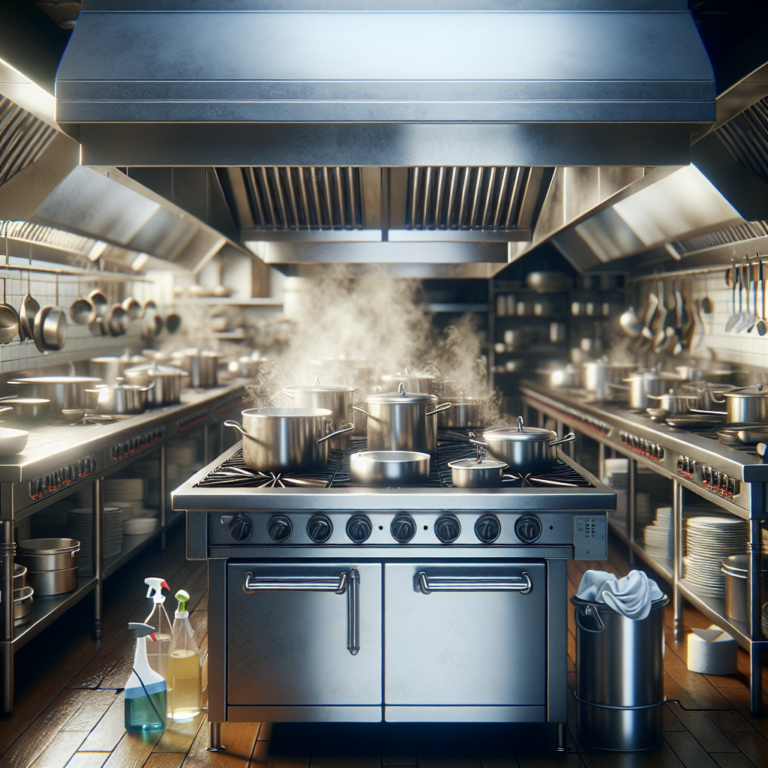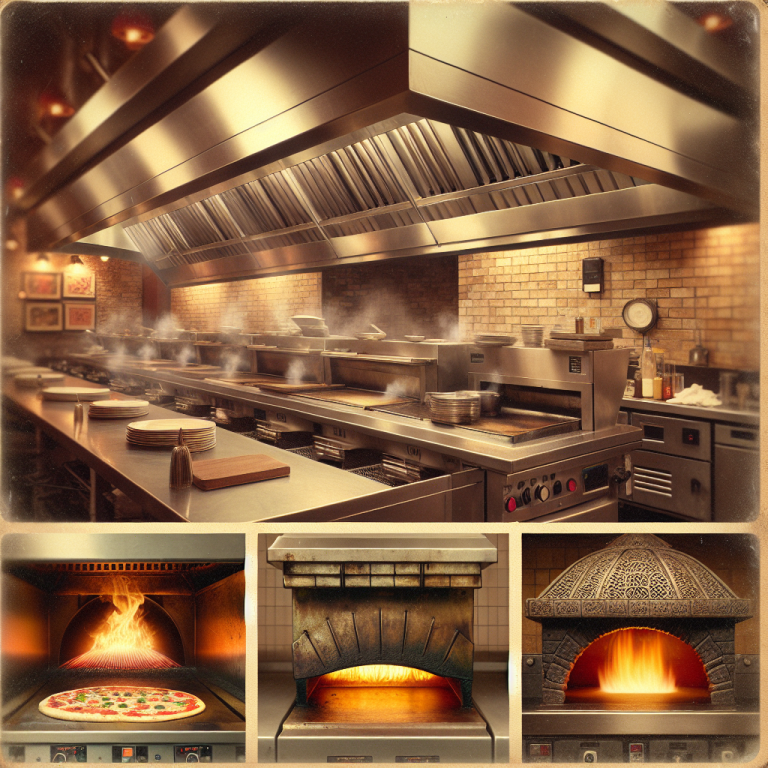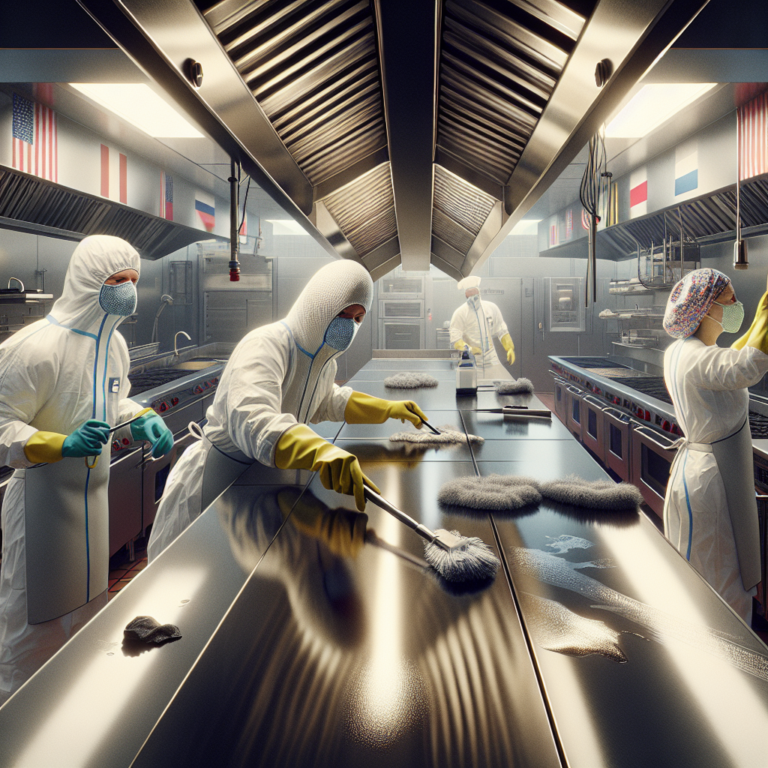Enhance Disaster Recovery with Efficient Hood Cleaning Strategies
Hood Cleaning and Disaster Recovery Plans
In the bustling world of the restaurant industry, the importance of maintaining a pristine and safe kitchen environment cannot be overstated. An often-overlooked yet essential component of this upkeep is hood cleaning. While many restaurant owners focus on daily and weekly maintenance tasks, incorporating regular restaurant hood cleaning into a comprehensive disaster recovery plan is crucial to ensure seamless operations, especially in a city bustling with culinary delights like Denver.
The Role of Hood Cleaning in Disaster Recovery
You might wonder how hood cleaning could possibly play a role in disaster recovery. Imagine your kitchen as a well-oiled machine. When one component breaks, the entire system can grind to a halt. Effective commercial kitchen hood cleaning ensures that kitchen operations remain uninterrupted even during unexpected events. A disaster recovery plan that includes regular hood maintenance can prevent minor issues from escalating into major disasters, thereby facilitating quick restoration of operations.
Maintaining Safety and Compliance
Restaurant and commercial kitchens are subject to stringent health and safety regulations. Regular exhaust hood cleaning is essential to maintaining compliance with these standards. Incorporating hood cleaning into your disaster recovery plan means your establishment can swiftly pass post-disaster inspections and reopen its doors as soon as possible. Clean hoods reduce fire hazards, prevent grease buildup, and ensure that air quality is maintained at a high standard, safeguarding the health of both staff and patrons.
Reducing Fire Risks
One of the most common disasters in kitchens is fire outbreaks, often originating from grease-laden hoods. Denver hood cleaning services provide a thorough cleaning, removing the risk of grease fires that can devastate an establishment. Incorporating comprehensive hood maintenance into a disaster recovery plan not only prevents the likelihood of fire incidents but also ensures a quick response if one occurs, minimizing damage and financial loss.
Steps to Incorporate Hood Cleaning in a Disaster Recovery Plan
Integrating hood cleaning within a disaster recovery framework involves several strategic steps:
- Regular Scheduling: Establish a regular cleaning schedule with a reliable Denver hood cleaning service. Consistent cleaning ensures that your exhaust systems remain free of grease buildup and other debris.
- Emergency Protocols: Develop emergency response protocols that include immediate inspection and cleaning of hoods following a disaster. Ensure that contact information for your hood cleaning service is accessible to all key personnel.
- Training and Awareness: Provide training for staff on the importance of hood maintenance as a preventive measure. Ensure that all team members are aware of monitoring signs of grease buildup and maintaining basic cleanliness standards.
- Documentation: Keep detailed records of all cleaning activities, inspections, and any necessary repairs or replacements. This documentation will aid in compliance audits and insurance claims post-disaster.
The Financial Benefits of Proactive Hood Cleaning
While some may view hood cleaning as an additional expense, it is, in fact, a strategic investment. Proactive maintenance avoids costly repairs and extends the lifespan of kitchen equipment. In the unfortunate event of a disaster, unclean hoods can exacerbate damage, leading to more significant financial implications. Properly maintained hoods enable quicker reopening, ensuring minimal revenue loss.
Partnering with Professional Hood Cleaning Services
Working with seasoned professionals for commercial kitchen hood cleaning is key to an effective disaster recovery strategy. They possess the expertise, equipment, and procedures necessary to handle any scale of operation. By partnering with a trusted local service in Denver, restaurant owners can ensure that their kitchens are prepared to meet any regulatory and safety challenges head-on.
Conclusion
As the saying goes, an ounce of prevention is worth a pound of cure. Incorporating hood cleaning into your disaster recovery plan underscores this wisdom, safeguarding your business against unforeseen interruptions. Whether you’re running a cozy café or a bustling restaurant chain in Denver, ensuring that your hoods are consistently maintained is a vital step toward resilience and rapid operational recovery.







